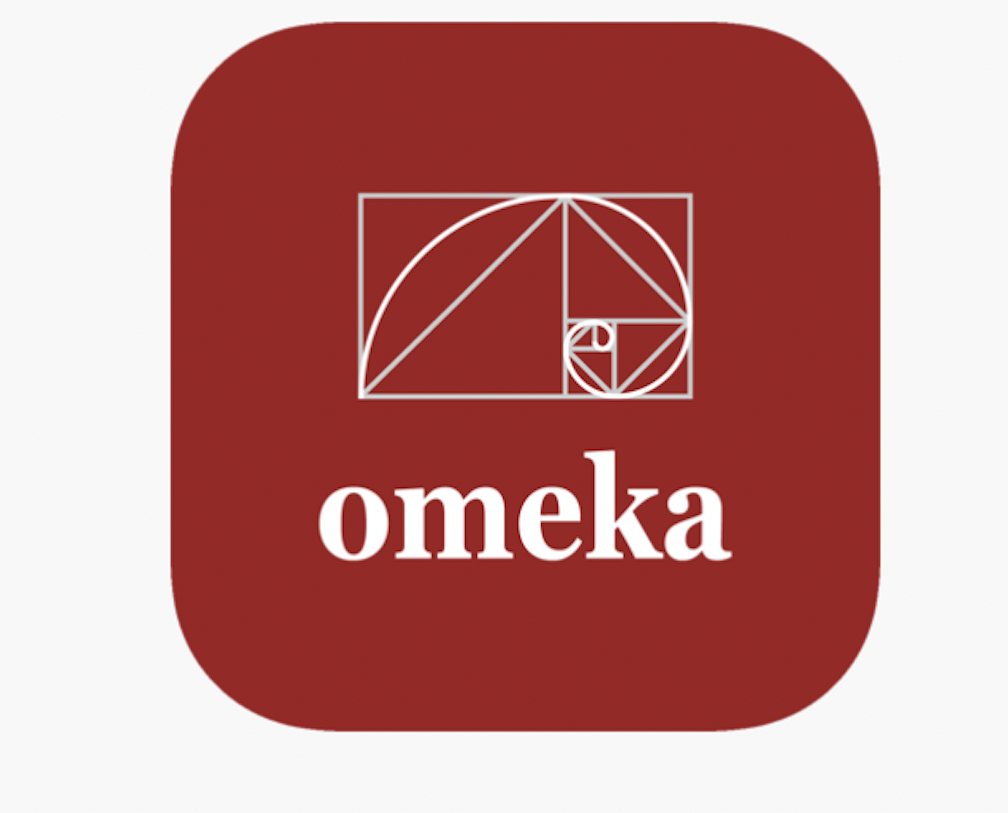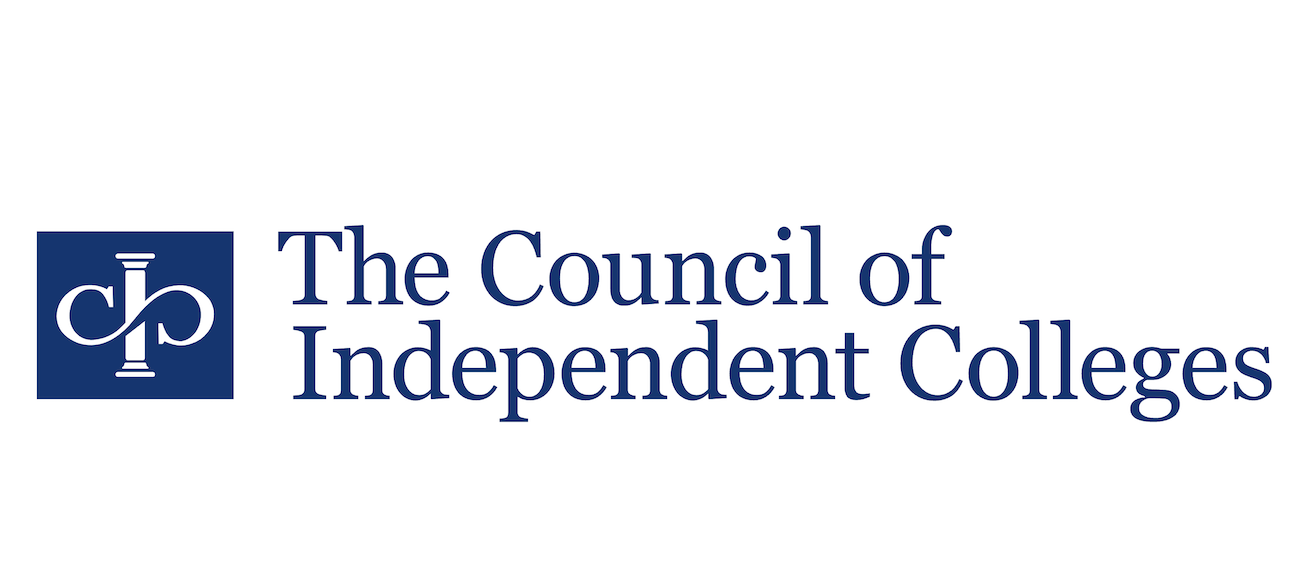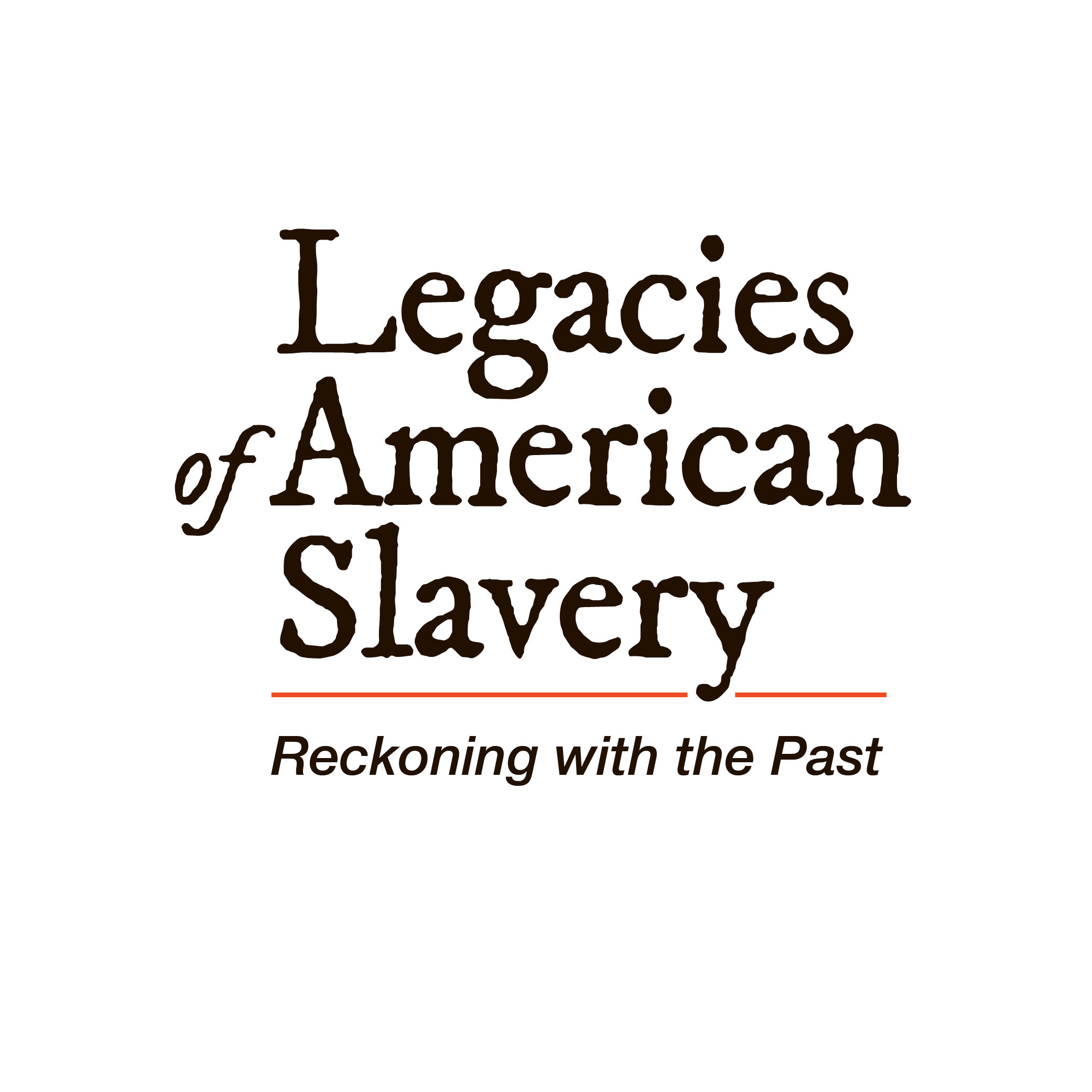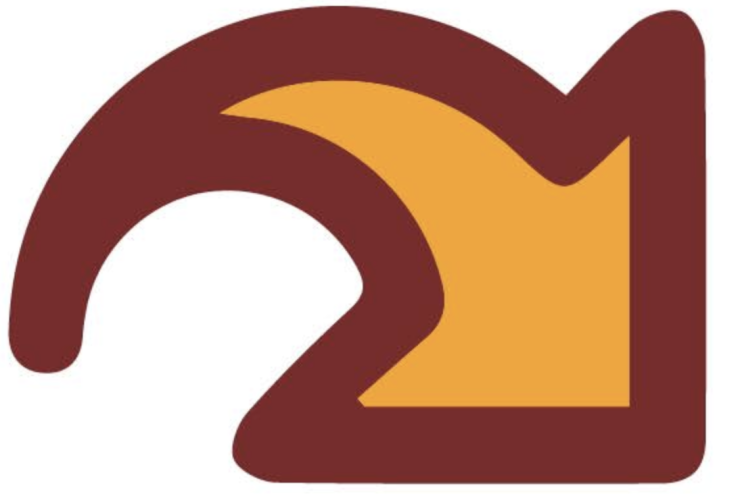
For More Information
Please click here to email the Roberson Project for more information.
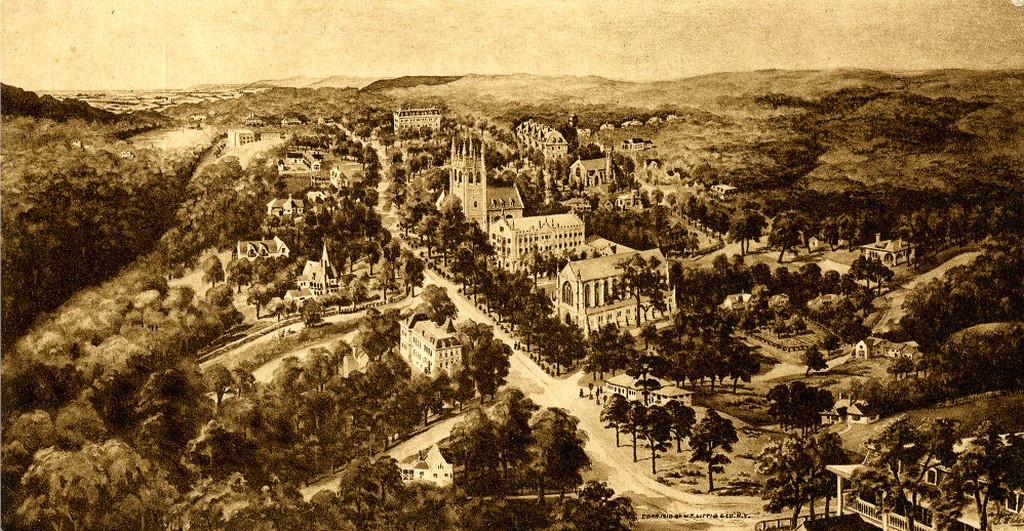
The objective of the Locating Slavery’s Legacies database (LSLdb) is to collect information about monuments and memorials identified with the Civil War and Confederacy on the campuses of American colleges. This information will help us analyze and understand the impact of Lost Cause movements on higher education in the United States in the 160 years after emancipation. The LSLdb works on a model of inter-institutional collaboration: students and faculty who join the database project investigate such memorials on their respective campuses and enter the information on the LSLdb website using agreed-upon standards and practices. What results, we hope, is a centralized resource yielding insight into the history of the Lost Cause at individual colleges while also allowing comparative analysis of Confederate memorialization as a larger social and cultural movement that shaped teaching and learning on campuses across the southern region and beyond.

Please click here to email the Roberson Project for more information.
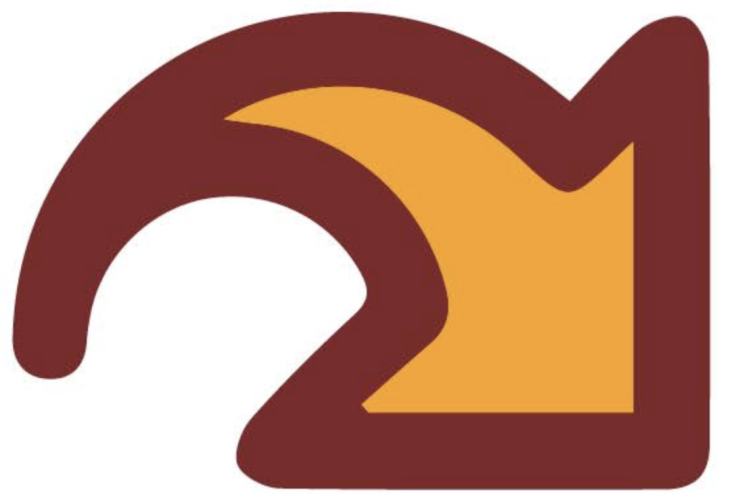
Click here to review our data dictionary and more information found on our notion page.

Please use this link to share your interest in the LSLdb project.
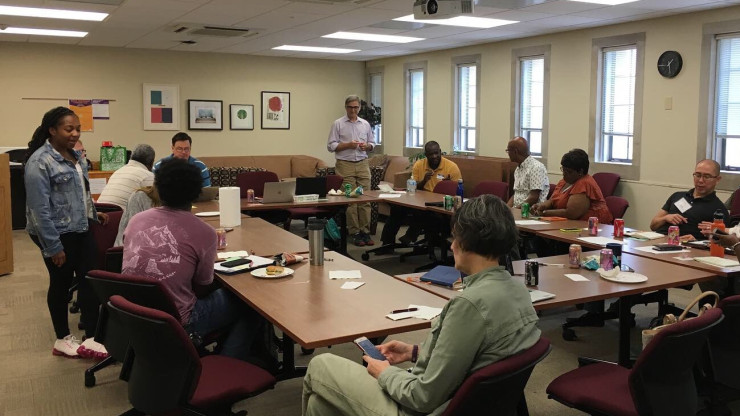
In this initial pilot phase, the LSLdb team of the Roberson Project is seeking participants at four to five colleges or universities that have a robust institutional history of memorialization and/or other forms of public recognition of figures or events in support or defiance of any or all of the following:
1) the political, military, or cultural/religious campaign to preserve and/or expand slavery in the United States;
2) the formation and political and military operations of the Confederacy during the period of secession and Civil War;
3) the legislative and/or extra-legal efforts to preserve or enhance white supremacy and enshrine the “Lost Cause” in the century after emancipation;
4) the Civil Rights campaigns emerging most visibly in the period during and after World War II and through the 1970s.
In the initial pilot phase (academic year 2022-2023) we are seeking partners – archivists and/or faculty members in pertinent fields, working in teams or as individuals – who
1) are motivated to lead their students in their campus-based research, and
2) can embed the LSLdb project in their course structure and supervise students performing the research contributed to the database.
The scope of these individual projects will vary according to the needs and resources of the respective instructors. However, our expectation is that each partner project will contribute at least five complete memorial entries to their respective “spoke site” of the LSLdb in either the fall or spring terms.
We further expect our collaborators to evaluate the “back” and “front” ends of the LSLdb to assist us in fine-tuning and improving its operation at both the data-entry and the public interface stages. We are seeking not only additional data for the LSLdb but also full and constructive feedback about the experiences of students and their archivist or faculty supervisors.
Prior experience working with digital humanities projects like the LSLdb is not a requirement or even desirable. No coding or other IT skills or experience is necessary. We have built all of the database infrastructure. Our hope is that the support and instruction that we can provide to our collaborating partners before and during their participation will enable those without experience with the Omeka platform or other data models like it to join fully in the project. The feedback we receive from you is essential in making this project useful and meaningful to the teaching and learning you do on your campus and to the public project of better analyzing and understanding Lost Cause memorialization in higher education.



The Locating Slavery's Legacies Database is sponsored and led by the Roberson Project on Slavery, Race, and Reconciliation at the University of the South in Sewanee, Tennessee. It was constructed in collaboration with the design team of Omeka, the world’s leading developer of web-publishing resources supporting the digital humanities. The database project is made possible by a Legacies of American Slavery grant from the Council of Independent Colleges and the Gilder Lehrman Center for the Study of Slavery, Resistance, and Abolition at Yale University’s MacMillan Center.
